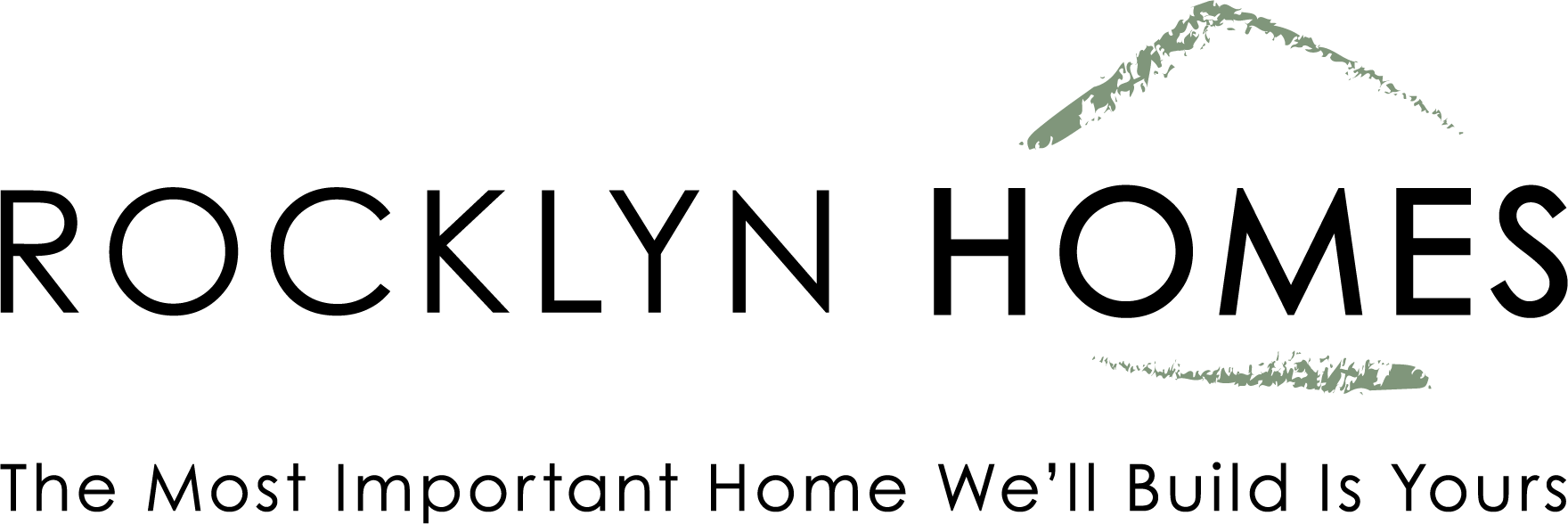What is earnest money?
Do we need a lawyer to buy a home?
Where do we go to get a mortgage?
What kind of mortgage should we get?
How do we know how much we can afford?
How much do we have to put down for a downpayment?
What other types of costs are due at closing?
What is Homeowners’ Insurance? How much does it cost?
What is Escrow?
Is the interest we pay on our mortgage tax-deductible?
What is earnest money?
It is an initial deposit that acknowledges your intention to go to contract. If your contract does not close, it may be refunded, but a Seller has the right to retain it under certain conditions.
Do we need a lawyer to buy a home?
You don’t have to have an attorney, but you are certainly allowed to. The mortgage company and the builder will have their legal representatives present at closing, and it is required by law to have the transaction executed by an attorney. The fees for these services are part of the closing costs you pay. The “closing attorney” usually represents your lender at closing.
Where do we go to get a mortgage?
You may go directly to a bank or use a mortgage broker. There are many considerations when making this selection. It is often helpful to get a referral from a friend or associate. The relationship and sense of trust is critical. You must be confident that the banker or mortgage broker is knowledgeable not only about what types of mortgages are available, but what mortgage best fits your financial needs, both short term and long term.
What kind of mortgage should we get?
A good banker or mortgage broker will ask you questions about your spending and savings habits, as well as your earning history and future prospects. In addition, he will find out how long you plan to live in this home. These are all key factors in determining the right mortgage for you. From 30-year fixed, to adjustable-rate mortgages (ARMs) to interest-only programs, there are many alternatives today for meeting your needs.
How do we know how much we can afford?
Many bank and mortgage companies have “Affordability” calculators on their sites. LoanSouth is a preferred lender for Rocklyn Homes, and offers this on their site.
How much do we have to put down for a downpayment?
Traditionally, 20% is required for a downpayment. If you put down less than 20%, you are likely to be subject to paying PMI (Private Mortgage Insurance). Discuss this with your lender.
What other types of costs are due at closing?
When you request the mortgage from your lender, you will get a Good Faith Estimate. This is a best guess, based on information at hand, including the contract price of your home and current interest rate, of what the closing costs will be. These costs may include, but not be limited to:
- Origination fees and discount points
- Lender and Broker fees
- Escrow and prepaid interest
- Title company related fees (search and insurance)
- State and County fees
- Cash to close and proposed monthly payment
Please remember that these numbers really are estimates and that they are subject to revision after application. However, an ethical lender or broker will be very close to the final numbers.
What is Homeowners’ Insurance? How much does it cost?
Homeowner’s Insurance is required with any home purchase secured by a mortgage. There are various policies available, based on the level of coverage you request. At a minimum, you will be charged for coverage that offers replacement value based on the home (and lot) valuation calculation. These are standard calculations and should not vary from insurer to insurer. The selection of an insurance company is yours.
What is Escrow?
More often than not, your mortgage payment each month will cover the principal and interest, as well as a monthly amount that goes into your “escrow” fund. The amount collected is based on your estimated property taxes and homeowners’ insurance for the coming year. These payments are then made by your mortgage lender directly to the tax authority and insurance company.
Is the interest we pay on our mortgage tax-deductible?
Yes. Interest is tax deductible up to a certain amount. This is a huge incentive for many people asking themselves the rent vs. buy question. Ask your accountant for details.


